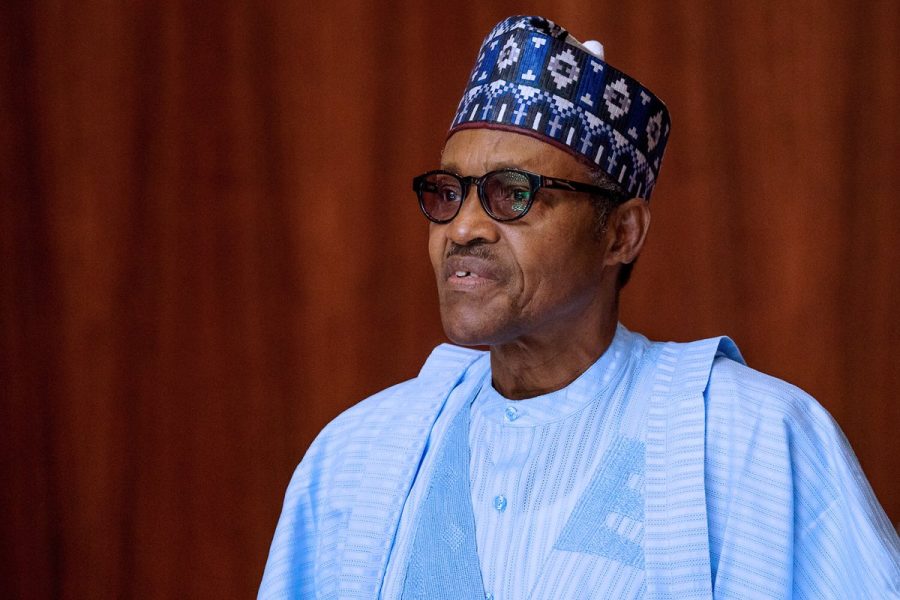The African Continental Free Trade Agreement (AfCFTA) will increase Nigeria’s exports by more than 15 percent in fishery, textile, leather, wood and papers, metals, electronics, vehicles and transport equipment.
African leaders must also build the requisite infrastructure and also actively promote productive employment and a decent workplace, to explore the benefits of the African Continental Free Trade Agreement (AfCFTA).
This was disclosed by Nigeria’s President Muhammadu Buhari at the ninth African Shippers’ Day with the theme: “African Continental Free Trade Agreement: A Veritable Platform for African Shippers’ to Mainstream into Global Trade,” on Monday in Lagos.
Buhari was represented by the Minister of State for Transportation, Mr Ademola Adegoroye.
Positive Influence: The President noted that long-term investment in productive capacity including infrastructure, he said:
- “For AfCFTA to have a positive influence on long-term investment in productive capacities, African government must develop appropriate supporting policies, build the requisite infrastructure and ensure an educated workforce.
- “We will need to actively promote productive employment and decent workplace, women’s empowerment, food security and reduction in inequalities.”
Increased Exports: He added that Nigeria’s exports would also benefit by a 15% boost, and increase trade with other sub-regions.
- “Specifically, Nigeria’s exports to the rest of Africa will increase by more than 15 per cent in fishery, textile, leather, wood and papers, metals, electronics, vehicles and transport equipment and machinery.
- “Following the AfCFTA reform, Nigeria’s exports will increase significantly to other African sub-regions, outside West Africa, with most impressive expansions to countries such as Botswana, Cameroon, Egypt, Ethiopia, Kenya, Malawi, Morocco, Mozambique, Namibia, Rwanda, Tanzania, Uganda and Zimbabwe”.
Cross-sector approach: The President also stated that a cross-sectoral approach is needed to make AfCFTA possible to overcome the existing constraints to intra-African trade
- “That is why the Nigerian government have intensified efforts aimed at identifying new opportunities for diversification and value chain development under the AfCFTA, and complementary actions considered necessary to overcome the existing constraints to intra-African trade.
- “This, we will, achieve through cross-sectoral approach, considering not just trade, but also closely related areas such as agriculture, industry, macroeconomic management and infrastructure development”.
In case you missed it
The Nigerian Government adopted the Phase II Protocols of the African Continental Free Trade Area ( AfCFTA) last month according to a press statement by a media aide to the president, Garba Shehu as President Muhammadu Buhari attended the African Union Summit on Industrialization and Economic Diversification in Niamey.
Phase II Protocols of the AfCFTA range on agreements from intellectual property rights to investment and competition protection.
